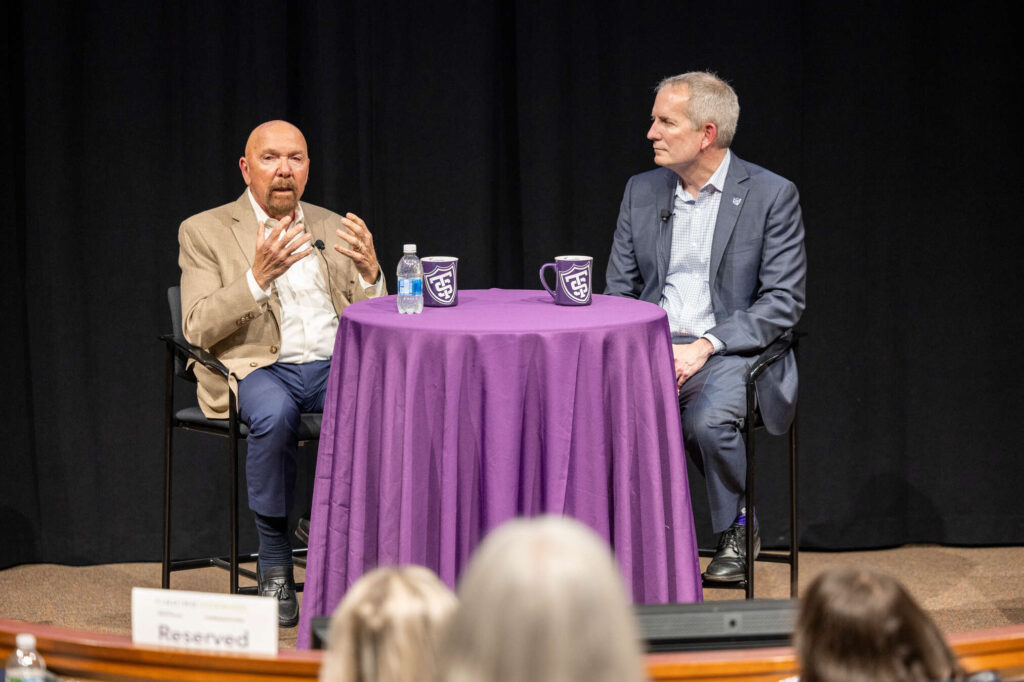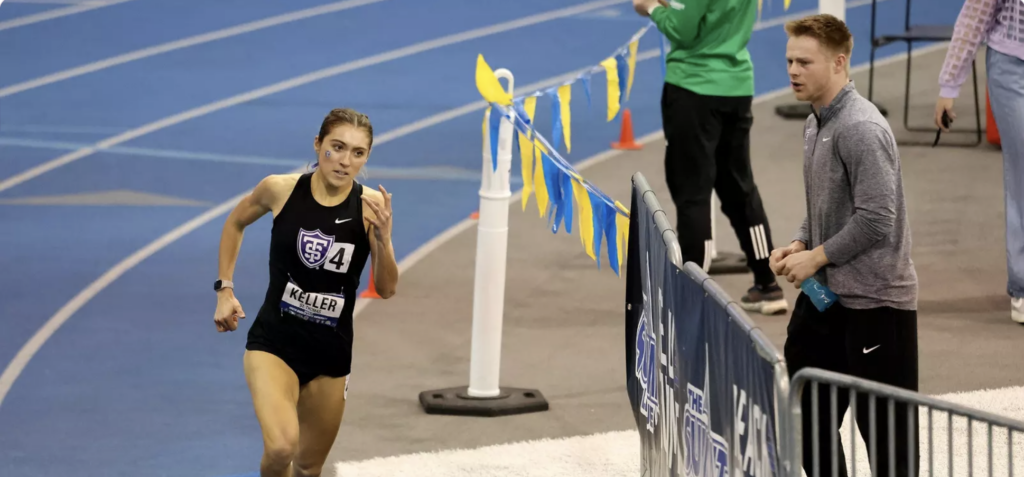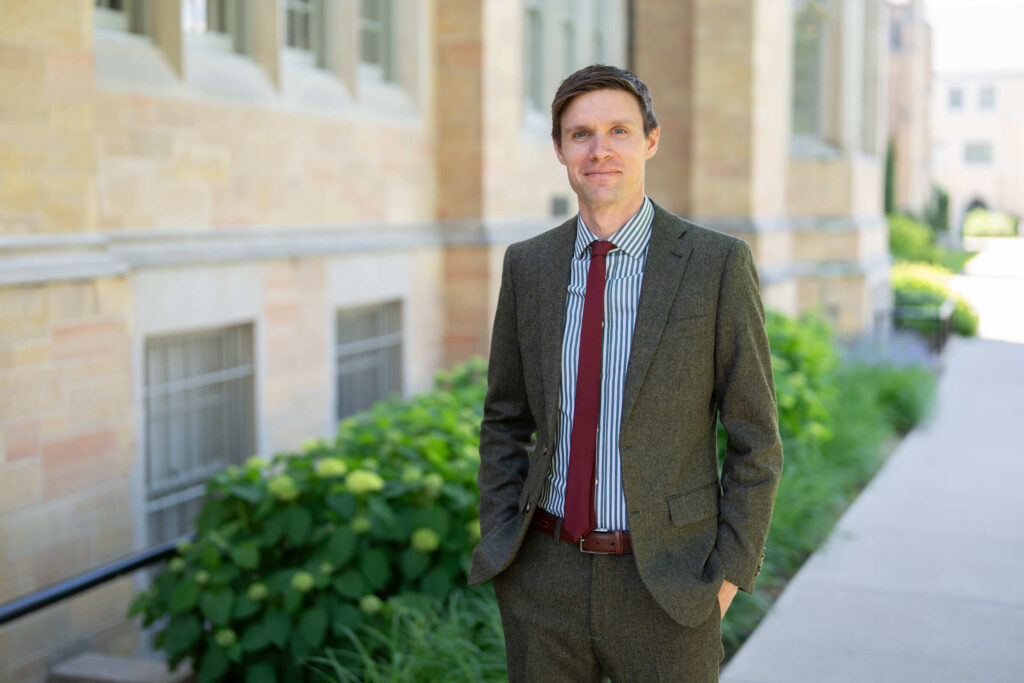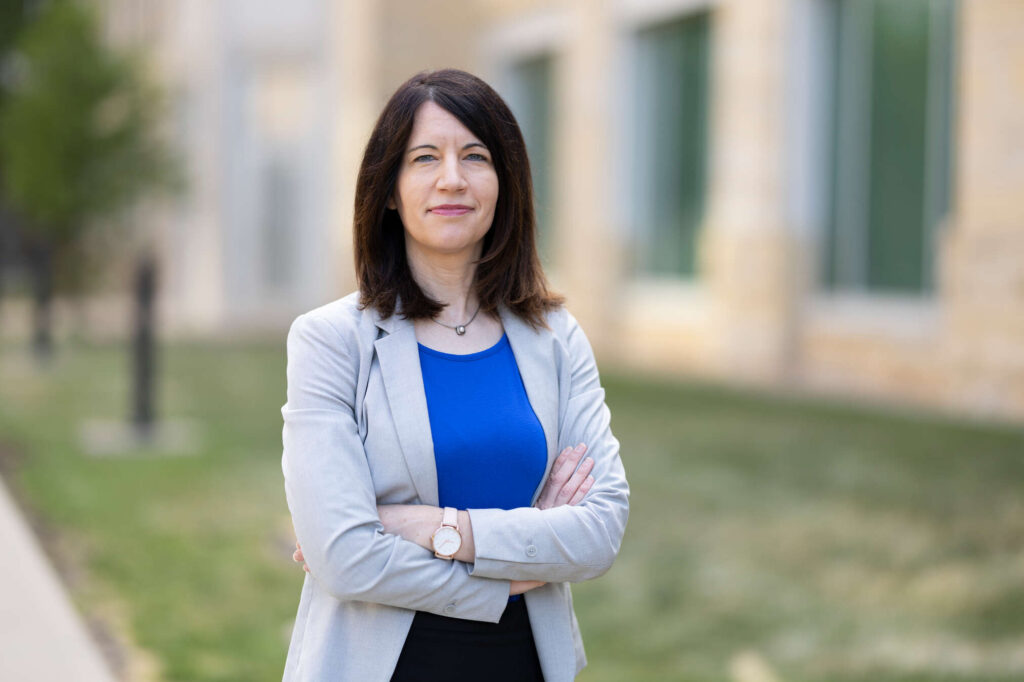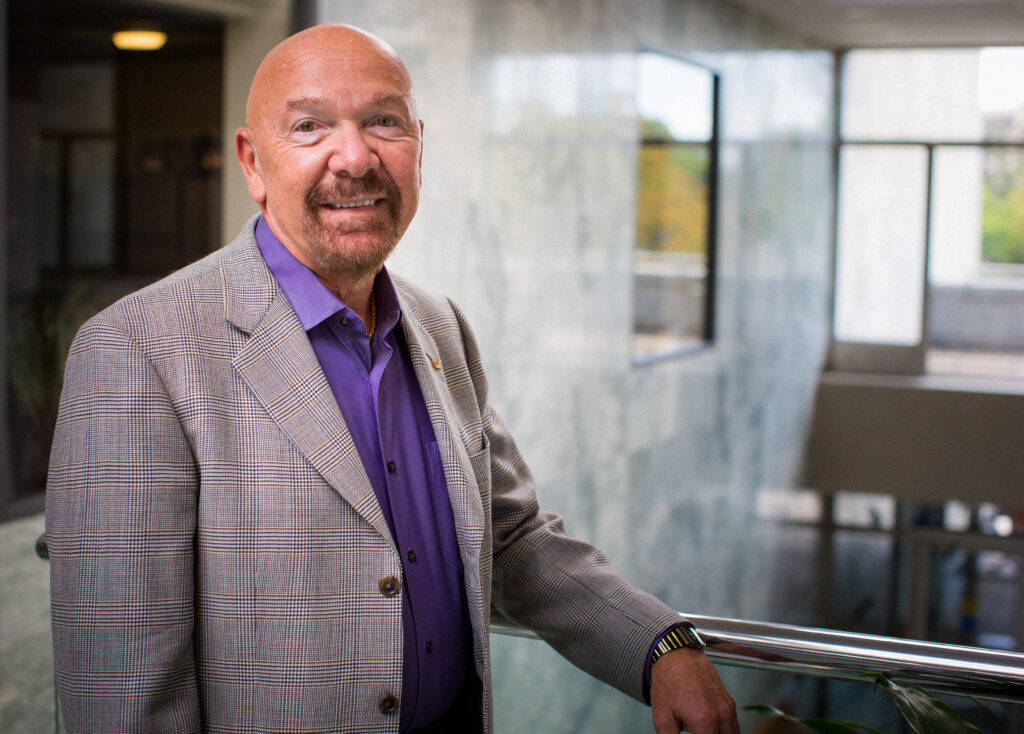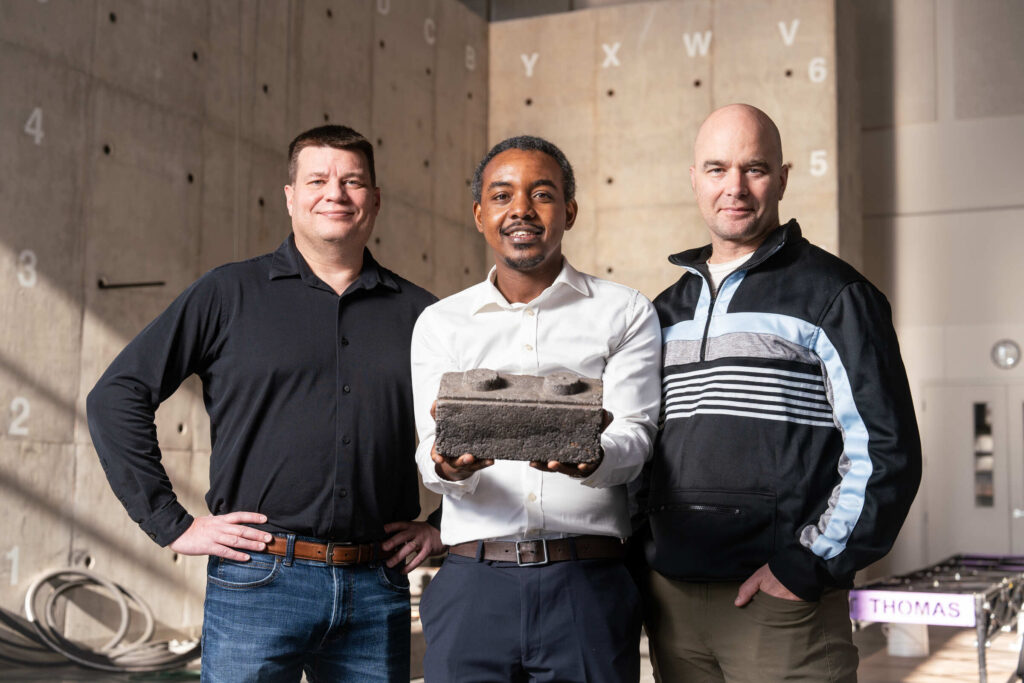Clinical students Joy Nissen and Michelle King argued before the U.S. Court of Appeals for the Ninth Circuit on April 7, raising the issue of whether prison officials, for the purpose of prison security, may read outgoing mail by a death row prisoner to his lawyer on direct appeal from a capital sentence.
Working on behalf of the University of St. Thomas Appellate Clinic led by Professor Gregory Sisk, Nissen and King responded to questions from a panel of three federal appellate judges in a San Francisco courtroom in the case of Scott Nordstrom v. Charles Ryan, et al. Nordstrom, a Florence, Ariz., based inmate, had filed a civil suit challenging the policy of the prison in which he is detained, but lost in district court, where he represented himself. When he appealed that ruling to the Ninth Circuit, Sisk picked up his case.
Nearly alone among the states, the Arizona Department of Corrections authorizes corrections officers to read the contents of a prisoner’s outgoing letter to his attorney both to establish the absence of contraband and to evaluate whether it has legal content. At the argument, Nissen and King contended that the Arizona prison policy interferes with the confidential attorney-client relationship in violation of the U.S. Constitution. They argued that a prisoner’s right to assistance of counsel is placed in unique jeopardy by Arizona’s insistence on prying into the contents of his legal mail while he resists execution.
Along with Professor Sisk, the two third-year law students began work on the case in summer 2013. They wrote the briefs and successfully convinced four organizations to file amicus briefs on their behalf – including the Yale Law School Ethics Bureau, Prison Law Office/American Civil Liberties Union, Equal Justice Initiative, and Arizona Capital Representation Project. A decision on the case is expected in six to nine months.
The full oral argument is available on the court’s website.
The Appellate Clinic is a year-long course that charges students to study written and oral advocacy, appellate courts, appellate jurisdiction, and the rules of appellate procedure. Clinical students represent a client pro bono under faculty supervision, briefing and arguing appellate cases on their behalf.
